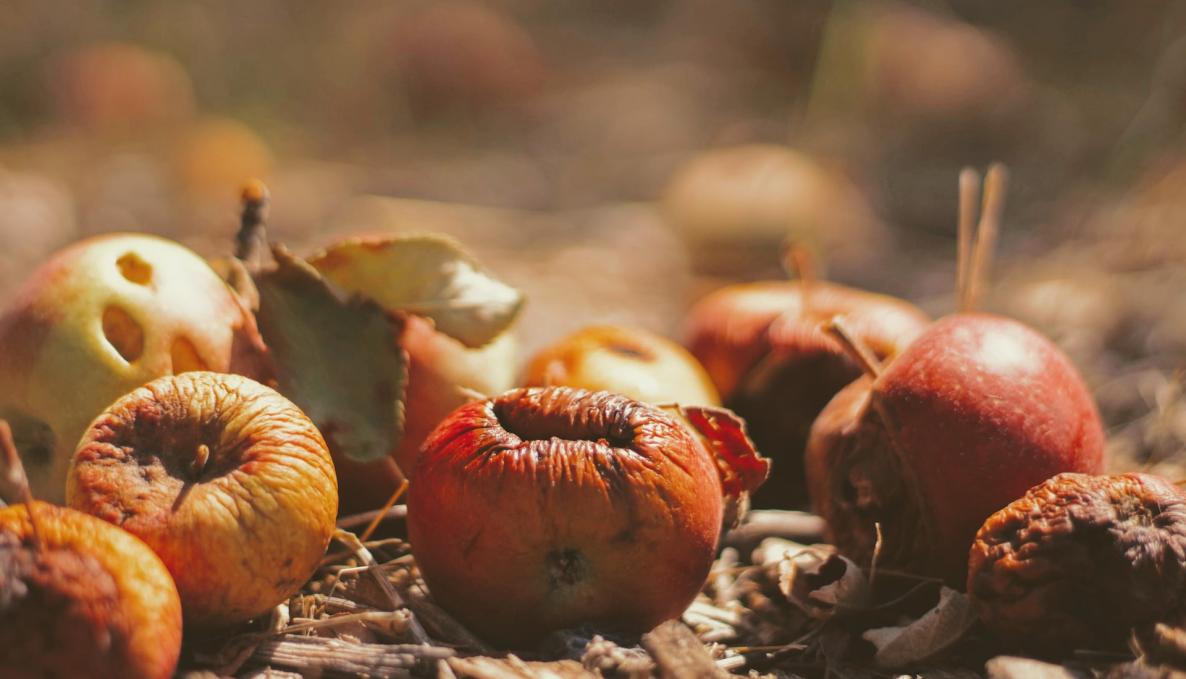Food waste, the experience of “Made in Italy” producers during the pandemic: the evidence of the research promoted by METRO Italia in collaboration with the Sant'Anna School, aligned to one of the pillars of the ten-year “Farm to Fork” strategy

The research has been promoted by METRO Italia in collaboration with the Sant'Anna School. It’s strongly aligned to one of the pillars of the ten-year “Farm to Fork” strategy (from producer to consumer), developed by the European Commission to promote a healthier and more sustainable EU food system.
Born in this scenario, the research "Food waste: the experience of Made in Italy producers during the pandemic" has been built on a survey to 233 METRO Italia’s suppliers of typical local products to investigate the impacts of the pandemic and the consequent restrictive measures to contain the contagion on the business of Italian agri-food producers and to understand if and how this health emergency has affected the production of surpluses and food waste for these companies. In fact, the survey focused on the difficulties encountered during production, on the types of surpluses generated, on the solutions that producers have managed to respond to new challenges driven by the pandemic.
The 60% of the interviewees works on a national market, while 39% only on a local on. The others can be considered an international players. This is a very varied sample, with 48% of companies that can be considered a SME with a staff of between 10 and 50 people. On the other hand, 30% of the sample have less than 10 employees, while the remaining part of the companies is larger with a staff of over 50 units.
By the research it emerges that the temporary closure of the Horeca activities obliged the Made in Italy suppliers to shift their distribution from B2B player and Horeca operators to the B2C market. The impacts on the production level were significant. In particular, the production of typical beverages contracted by 42%, while companies that produce fresh fruit and vegetables had to reduce the quantity of product placed on the market by 32%. Shifting from B2B to B2C market also allowed the supplier to renew their packaging, reducing the formats and, in some times, promoting a more sustainable packaging - 23% of the interviewed companies.
The evidence, among all, that can make us reflect is that 26% of respondents said they had recorded an increase of food waste during 2020, due to intermittent closures and the general uncertainty experienced on the market. For 44% of the companies that have registered an increase in food waste, this increase has grown significantly, in a range between 6 and 15%.



